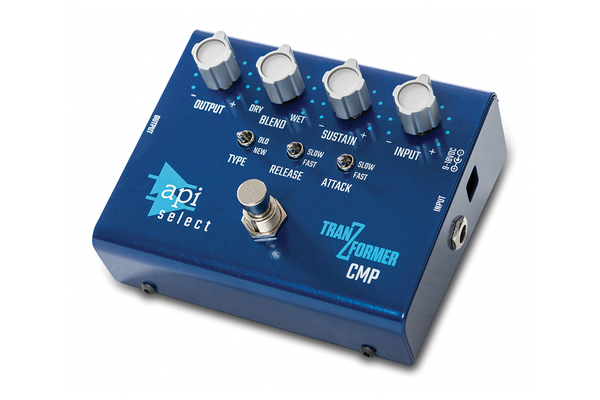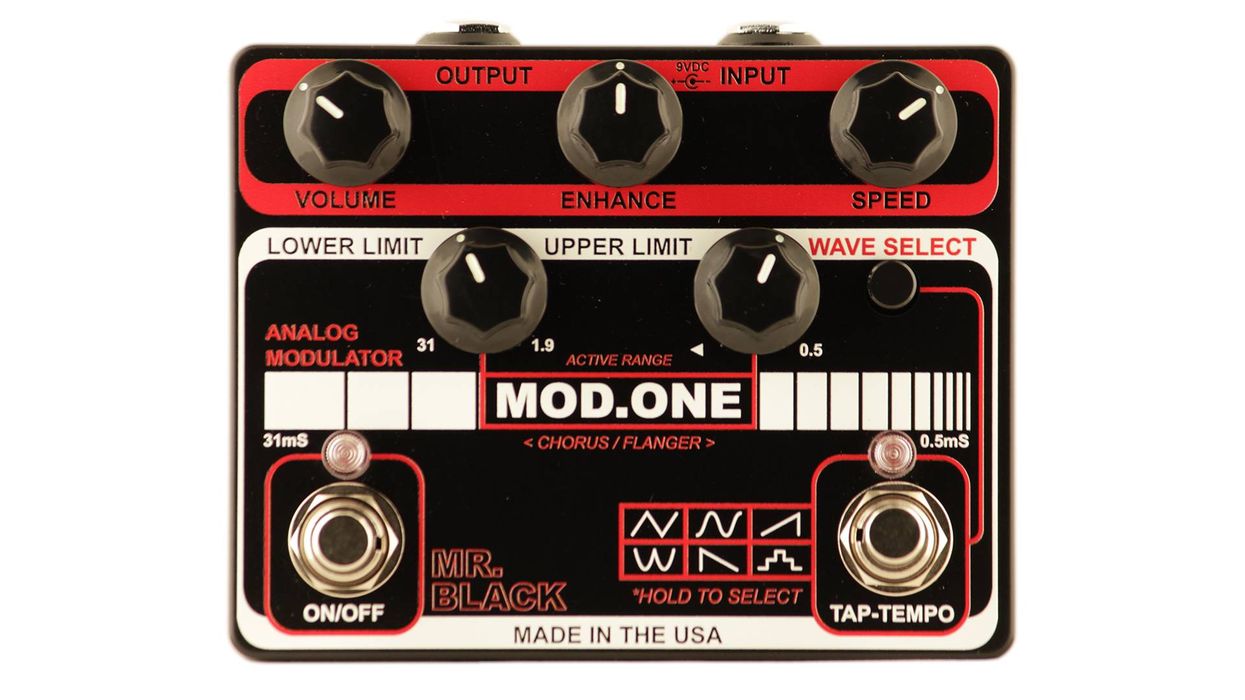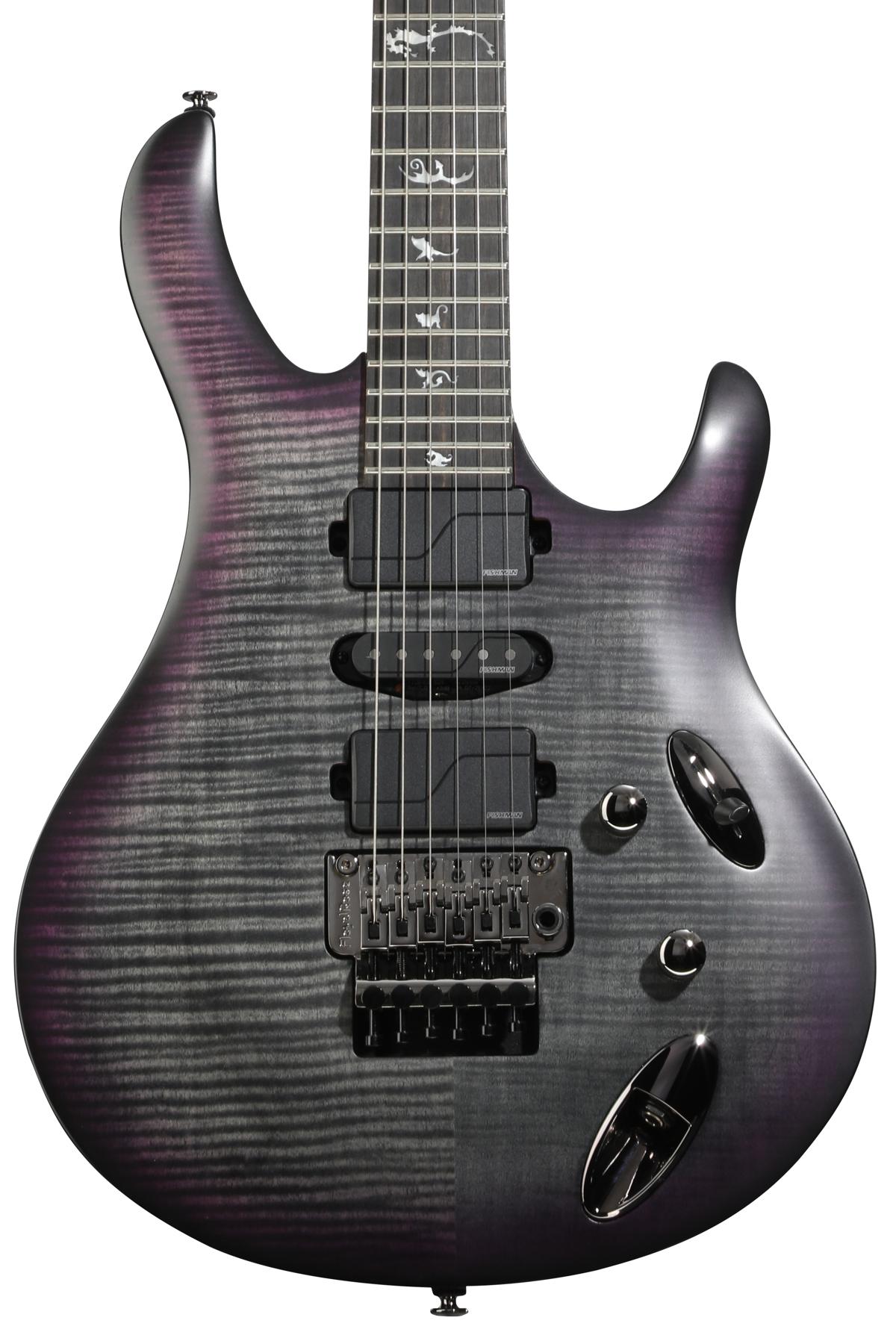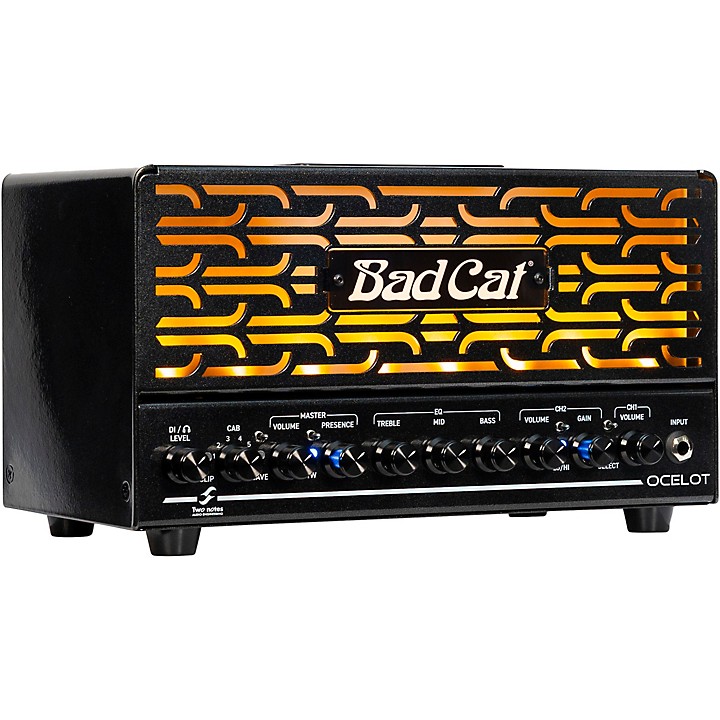API’s TranZformer CMP is a powerful, if sometimes subtle, tone-shaping machine. It’s also much more intuitive to use than a pedal with four knobs and three mini toggles might seem. And just like the studio compressors it’s derived from, the CMP is incredibly satisfying to use once you get in a flow and unlock its secrets.
Any player confounded or intimidated by the concept of compression and how to use it constructively would be well served by experimenting with the CMP. The effect of a nudge to a given control can often seem minor. But each knob has exceptional range and great sensitivity, so you can take a painterly approach to fine-tuning a sound: A dot of extra sustain here, a bit more output gain there, and your flat-sounding Strat becomes a whole lot richer and full of body and color. The available output is no joke either. Depending upon your amp and pickups, you can use the CMP to readily dish loads of high-headroom clean boost or make your amplifier growl with smooth intensity. Perhaps best of all, the CMP is quieter than a mouse. And if you’ve worked with lesser pedal compressors that make you pay for extra sustain and punch with an earful of hiss, you’ll be thrilled at what the CMP can achieve.
At 280 bucks, it’s not cheap for a stompbox. But the quality of the CMP, the care and execution that went into its fine control set, and its capacity to transform tones in subdued or dramatic fashion make that sum look like a relative deal.




















